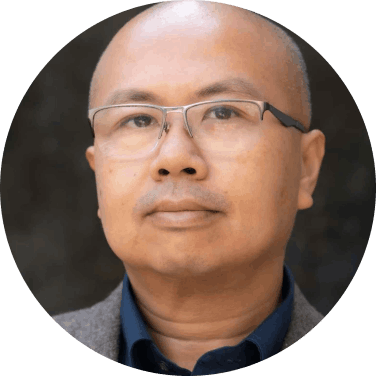EXTENSIVE PROGRAM
The Chinese government has deployed meticulous schemes to turn overseas Chinese individuals into its agents. The charges against former government aide Linda Sun for violations of the Foreign Agents Registration Act were widely covered in September (see the memo by Chen elsewhere in this collection). That same month, former CIA agent Alexander Ma was sentenced to ten years in jail for selling U.S. national defense secrets to Chinese intelligence officials.
There have also been numerous instances of industrial espionage. In some cases, the Chinese government has cultivated employees of U.S. companies to appropriate specific technologies. For instance, officials of the Chinese State Council recruited former DuPont employee Walter Liew (aka Liu Yuanxuan) in the 1990s to set up a company and recruit other ex-employees to steal DuPont’s recipe for producing titanium dioxide. This compound has both commercial and military applications. The Chinese government channeled compensation for this theft to Liew’s relatives in China.
There are also many student organizations on U.S. campuses that maintain ties with the Chinese government. Some engage in transnational repression, according to a preliminary report from the Wilson Center. This includes the surveillance of Chinese students and the intimidation of scholars whose views Beijing deems unacceptable. Meanwhile, the fact that China has had overseas police service stations in the United States and elsewhere has raised concerns in recent years about the monitoring of Chinese communities.
The weaponization of a diaspora and transnational repression are not uniquely Chinese phenomena. Witness the assassination plots orchestrated by Iran, Russia, and India targeting dissidents in exile. The slaughter of journalist Jamal Khashoggi in Saudi Arabia’s consulate in Istanbul is another case in point.
Beijing’s campaign of transnational repression may be less deadly, but it has been described by Freedom House as “the most sophisticated, global, and comprehensive…in the world.” This is due to the vast resources of the Chinese government. And it is a function of the fact that socioeconomic integration between the United States and China was deep until the relationship began to deteriorate about a decade ago. During the “Chimerica” era, having connections to the Chinese government was seen as an asset for many American executives, scholars, and government officials. Associations with Chinese officials were encouraged, not just tolerated.

